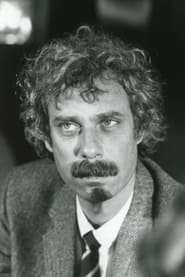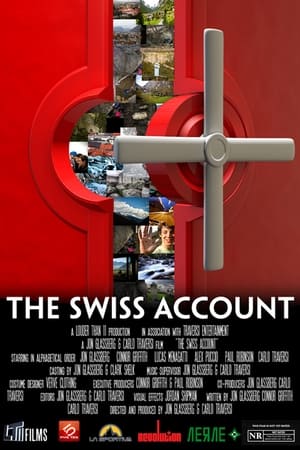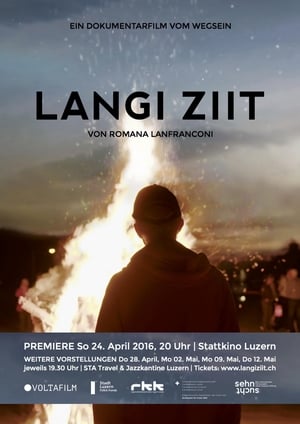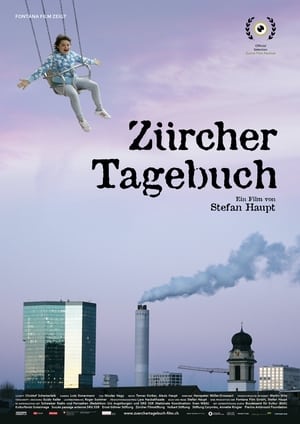
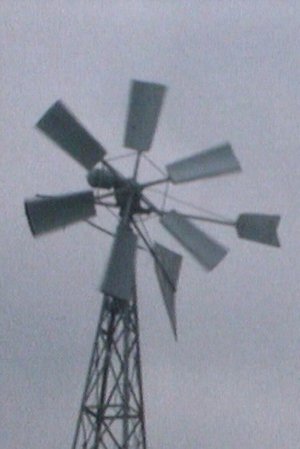
The Windmill(1975)
In preparation for a feature-length film about windmills, an assistant director travels through the Vaud region to search for locations with windmills. The research leads to a serious engagement with the meaning and purpose of windmills, which has something Don Quixote-like about it in the age of nuclear power stations. The transitions between document and fiction flow constantly and result in a charming and intellectual mixture of seriousness and fun, determination and coincidence, weightlessness and the weight of meaning.
Movie: The Windmill
Top 3 Billed Cast
Self - The Assistant Director
Self - The Composer

L’Eolienne
HomePage
Overview
In preparation for a feature-length film about windmills, an assistant director travels through the Vaud region to search for locations with windmills. The research leads to a serious engagement with the meaning and purpose of windmills, which has something Don Quixote-like about it in the age of nuclear power stations. The transitions between document and fiction flow constantly and result in a charming and intellectual mixture of seriousness and fun, determination and coincidence, weightlessness and the weight of meaning.
Release Date
1975-02-10
Average
0
Rating:
0.0 startsTagline
Genres
Languages:
FrançaisKeywords
Similar Movies
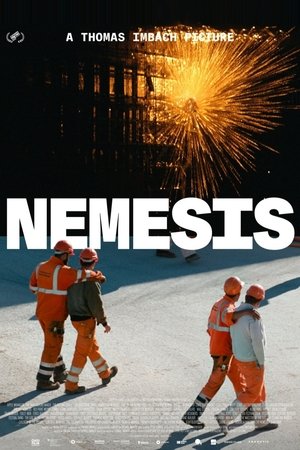 7.5
7.5Nemesis(de)
The film explores the destruction of a unique train station in Zurich and the construction of the new prison and police centre in its place. From the perspective of the filmmaker’s window, and with testimony from prisoners awaiting deportation, the film probes how we deal with the extinction of history and its replacement with total security.
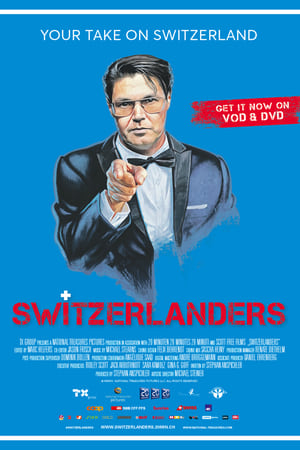 4.5
4.5Switzerlanders(de)
A cinematic time capsule with over 1,400 hours of submitted material from all regions of Switzerland gives unknown insights about the life of Swiss people in the politically and socially turbulent summer of 2019.
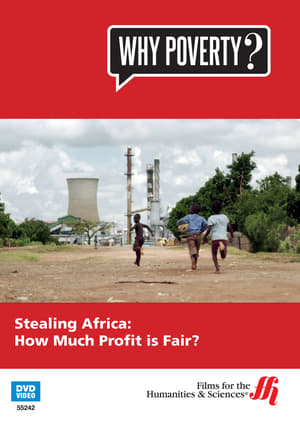 8.9
8.9Stealing Africa(en)
Zambia's copper resources have not made the country rich. Virtually all Zambia's copper mines are owned by corporations. In the last ten years, they've extracted copper worth $29 billion but Zambia is still ranked one of the twenty poorest countries in the world. So why hasn't copper wealth reduced poverty in Zambia? Once again it comes down to the issue of tax, or in Zambia's case, tax avoidance and the use of tax havens. Tax avoidance by corporations costs poor countries and estimated $160 billion a year, almost double what they receive in international aid. That's enough to save the lives of 350,000 children aged five or under every year. For every $1 given in aid to a poor country, $10 drains out. Vital money that could help a poor country pay for healthcare, schools, pensions and infrastructure. Money that would make them less reliant on aid.
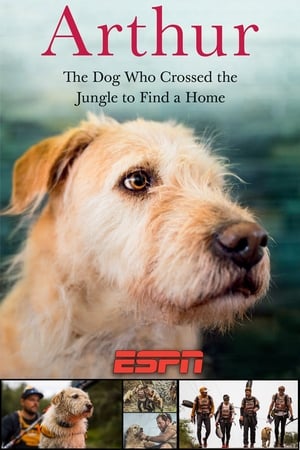 7.7
7.7Arthur(en)
A dog story about a stray traveling in the dense and swallowing Amazon jungle, the dusty streets of Quito, Ecuador, and a Switzerland. Arthur joined a race, and outpaced death, to find a new life with the adopted adventure seekers.
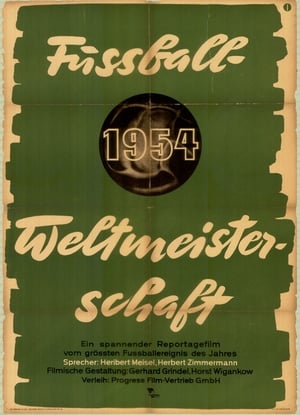 8.2
8.2German Giants(de)
At the 1954 FIFA World Cup in Switzerland, we see the red-hot favourites Hungary, led by the legendary Ferenc Puskás eventually beaten by West Germany 3-2 in a classic final.
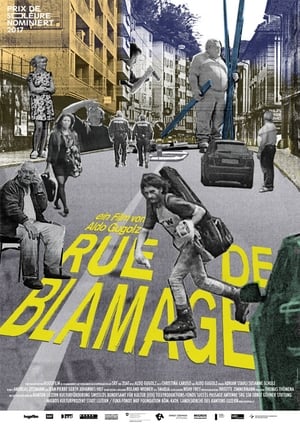 0.0
0.0Rue de Blamage(de)
The Baselstrasse is a street in Lucerne. People call it "Rue de Blamage" – it's a noisy street tucked into a narrow space between a hill and a train track. The people who live here don't usually mingle with the rich and famous, but even the roughest haunt can be a home to those who live and work there – and Baselstrasse's two kilometers of asphalt are no different.
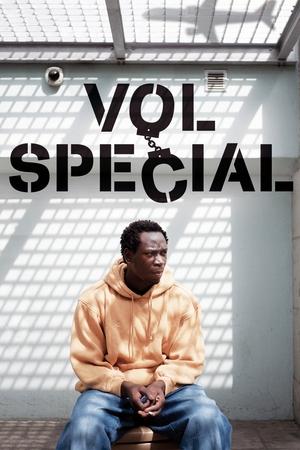 6.1
6.1Special Flight(fr)
Switzerland still carries out special flights, where passengers, dressed in diapers and helmets, are chained to their seats for 40 hours at worst. They are accompanied by police officers and immigration officials. The passengers are flown to their native countries, where they haven't set foot in in up to twenty years, and where their lives might be in danger. Children, wives and work are left behind in Switzerland. Near Geneva, in Frambois prison, live 25 illegal immigrants waiting for deportation. They are offered an opportunity to say goodbye to their families and return to their native countries on a regular flight, escorted by plain-clothes police officers. If they refuse this offer, the special flight is arranged fast and unexpectedly. The stories behind the locked cells are truly heartbreaking.
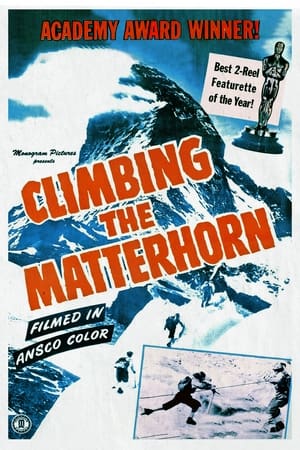 6.8
6.8Climbing the Matterhorn(en)
Starting from the Swiss village of Zermatt, two people and a guide make a perilous ascent of the Matterhorn. Local villagers mount a torchlight rescue of a British couple trapped on the famous mountain. Irving Allen shot footage for this documentary while filming his feature film 'High Conquest'. Filmed in Ansocolor, the documentary won the Academy Award for Best Short Film in 1947.
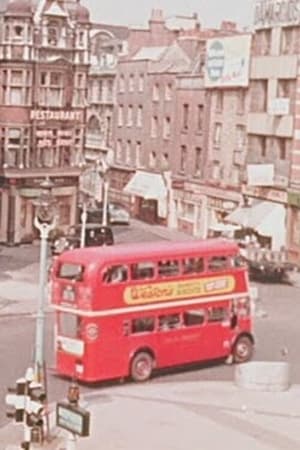 0.0
0.0Sunshine in Soho(en)
1950s Soho beats with far more energy than its 21st century counterpart in this vivid time capsule.
 0.0
0.0Wolves Return(de)
Wolves divide and fascinate us. 150 years after they were driven to extinction in Central Europe, they are returning slowly but inexorably. Are they dangerous to humans? Is it possible to coexist? Using Switzerland as a point of departure, where wolves have returned in the very recent past, this documentary sheds light on the wolf situation in Austria, eastern Germany, Poland, Bulgaria, and even Minnesota, where freely roaming packs of wolves are more common sight.
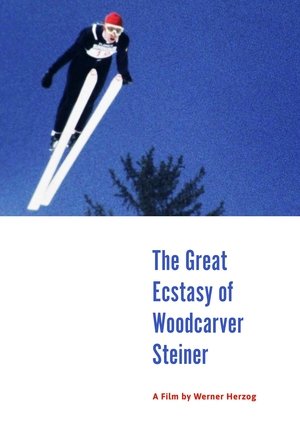 7.1
7.1The Great Ecstasy of Woodcarver Steiner(de)
A study of the psychology of a champion ski-flyer, whose full-time occupation is carpentry.
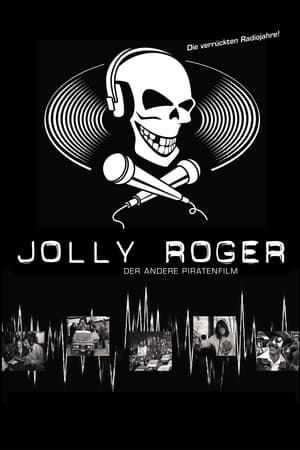 0.0
0.0Jolly Roger(de)
"Jolly Roger" could mean Roger Schawinski. But by definition, a "Jolly Roger" is the classic black pirate flag with skull and crossbones. This documentary tells the unvarnished story of the Swiss radio pirates who emerged in the 1970s. The focus is on Radio 24 in its wild years, when Schawinski's team broadcast from Italy, with the strongest FM station in the world at the time, straight down from Pizzo Groppera, 130 kilometers all the way to the Zurich area. Supported by numerous original documents from private filmmakers and from the SRG archives, the viewer relives the absurd radio war between David and Goliath that lasted almost four years, 24 years after this war between the radio pirates and the state power began on November 13, 1979. The many known and unknown fighters, who rallied behind their Radio Winkelried Schawinski in 1979 to help usher Switzerland into a new media age, remember the good and bad times, the demonstrations and the numerous threatened and actual closures.
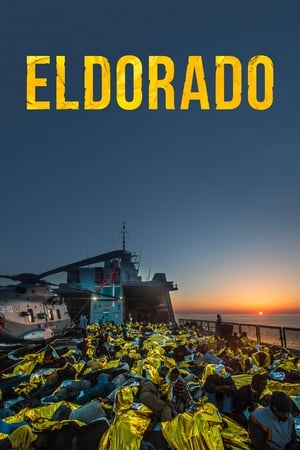 5.8
5.8Eldorado(de)
Drawing inspiration from his personal encounter with the Italian refugee child Giovanna during World War II, Markus Imhoof tells how refugees and migrants are treated today: on the Mediterranean Sea, in Lebanon, in Italy, in Germany and in Switzerland.
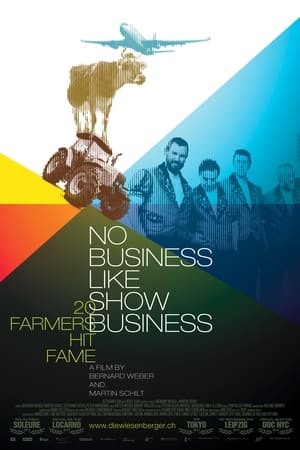 8.0
8.0Die Wiesenberger(de)
For twenty years the Wiesenbergers cultivated the same rituals. Practising once a week in the local chappel and singing for weddings and birthdays. Meanwhile, their world turned upside down. Their CD is rising up the charts and they're overwhelmed with concert request - showbusiness is calling. Now, they even were invited to perform in Shanghai. But the tempting offer puts their solidarity to a test.
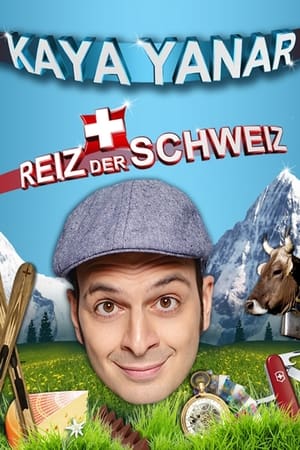 8.3
8.3Kaya Yanar - Reiz der Schweiz(de)
Stand-up comedian Kaya Yanar dissects the allure of Switzerland through the eyes of a German who's lived there.
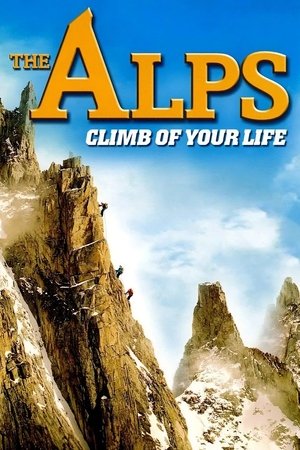 6.8
6.8The Alps - Climb of Your Life(en)
In 1966, John Harlin II died while attempting Europe's most difficult climb, the North Face of the Eiger in Switzerland. 40 years later, his son John Harlin III, an expert mountaineer and the editor of the American Alpine Journal, returns to attempt the same climb.
